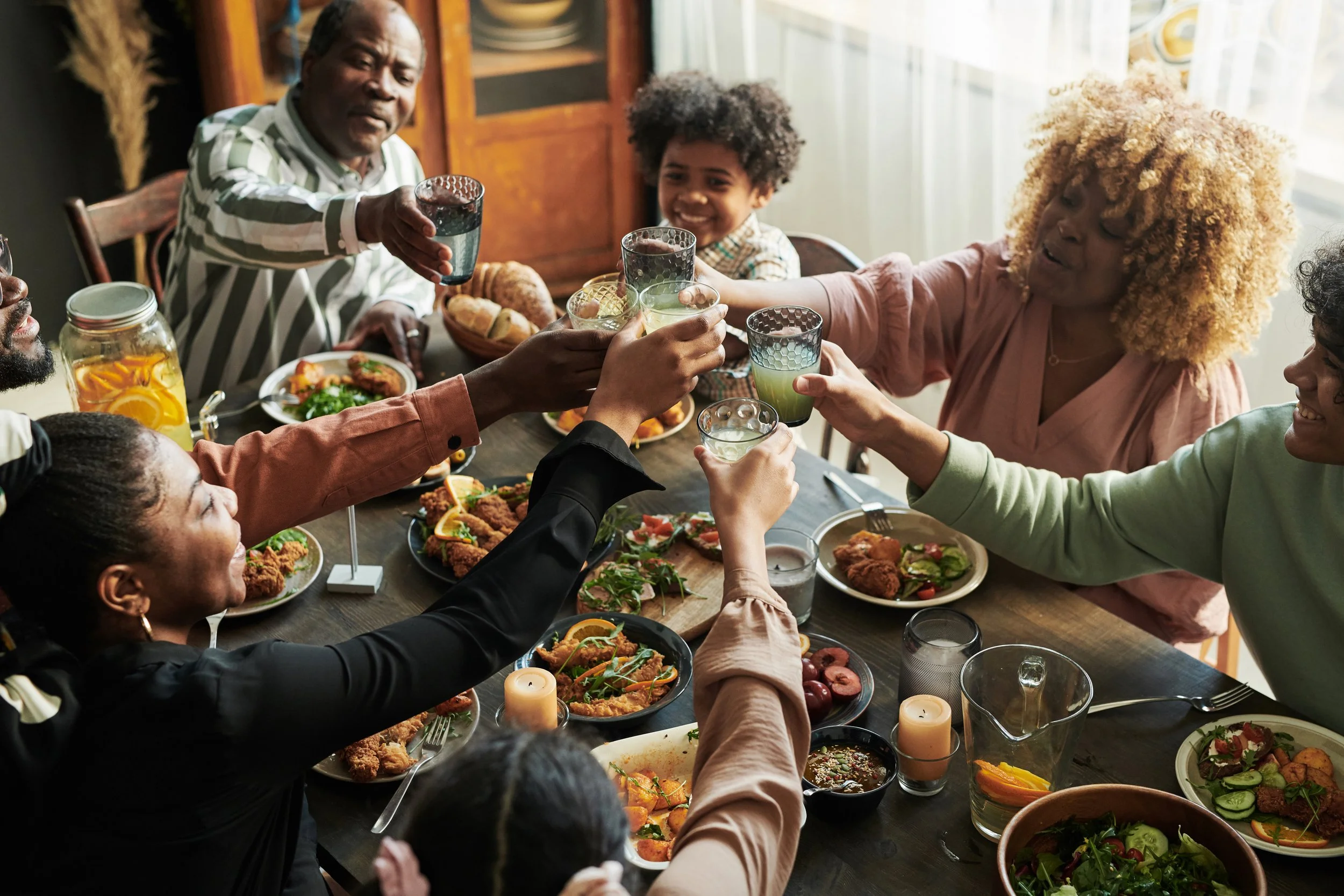We are nearing the end of another holiday season and will be quickly confronted with a brand new year, new decade, and of course, new year’s resolutions. Tied to those new year’s resolutions is an interchangeable phrase that transfers over, year after year; “New Year, New Me.”
“New year, new me” seems to embody the essence of new year’s resolutions. We assess ourselves, decide how we can be better, and then resolve to make changes for the following year, often with finite goals that will make this new year better than the last.
Setting goals for ourselves can be a healthy aspect of evolving as a human being, however, I find this phrase, “new year, new me” a bit triggering. It seems to imply that perhaps one isn’t good enough, just as they are and therefore needing to create a newer, better version of self. Often lost is the self-love and gentleness of embracing the process of life.
I’d like to see a push for more self-acceptance. We live in a world filled with images and information telling us that we aren’t enough, but with just a few changes, we could be healthier, happier, and better than ever. By accepting ourselves in the here and now, heck, even choosing to love ourselves, we can than shift the expectation that we will only be happier when we reach certain goals, that are often superficial and create short term happiness. Instead, we choose to be present with ourselves, reflecting inwardly and uncovering parts of ourselves that may need more time and energy.
So what if we change the phrase? Instead of “new year, new me” we alter just one word, setting an entirely new tone to the phrase. What if “new” becomes “know” generating a phrase that shifts the focus from altering our current self to choosing to connect, understand, and ultimately know ourselves more deeply. Perhaps knowing what we might need to make life better without the pressure or expectation that we can only be happy when we accomplish our finite goals.
Psychology Today recommends asking these simple questions:
Source: www.terigoetz.com
These three questions allow us to tap into our own thoughts and experiences, challenging us to embrace ourselves. This act of love could propel you to a much more rewarding new year, and setting the foundation for you to “know” you.
Creating time to know ourselves could take many different forms. It may mean spending more quality time with loved ones, free from distractions. Perhaps it might entail dedicating more time for self-care to reduce overall stressors that the daily grind can raise. Maybe, there is a yearning for an intrinsic spiritual connection that could be explored in the coming year. It also might be changing the inner dialogue that is often so harsh we would not repeat it out loud. It allows the space for you to grow personally without time constraints or boxes to check.
As we approach the start of a new year, I encourage you to consider how well you know yourself and your needs. 365 days of more self-love, more knowledge, the patience to be present with yourself, could create the strongest relationship you may have ever had that will continue on for years to come. Perhaps, when “new” becomes “know,” our experiences with new year’s resolutions will be more fruitful and fulfilling that one could ever imagine.
Be well,
Dani
About the Author:
Dani Stack, MS, PCLC
I am enough. When you hear that, do you believe it? To me, being “enough” is worthy of love, self-care, taking up space, and feeling capable of handling all the emotions, challenges and victories that come with life. Sometimes, our beliefs can navigate us away from a place that we feel we are enough. Dani wants you to help you own the belief you are enough, take away any doubt you may have and embody being enough and everything that comes with it.
She believes connection is vital to a positive therapeutic experience. She connects with my clients by creating a space for you to show up just as you are and meet you there. She takes an eclectic approach that is rooted in person-centered and strength based, with a focus on your needs and goals. After all, therapy is about you.










